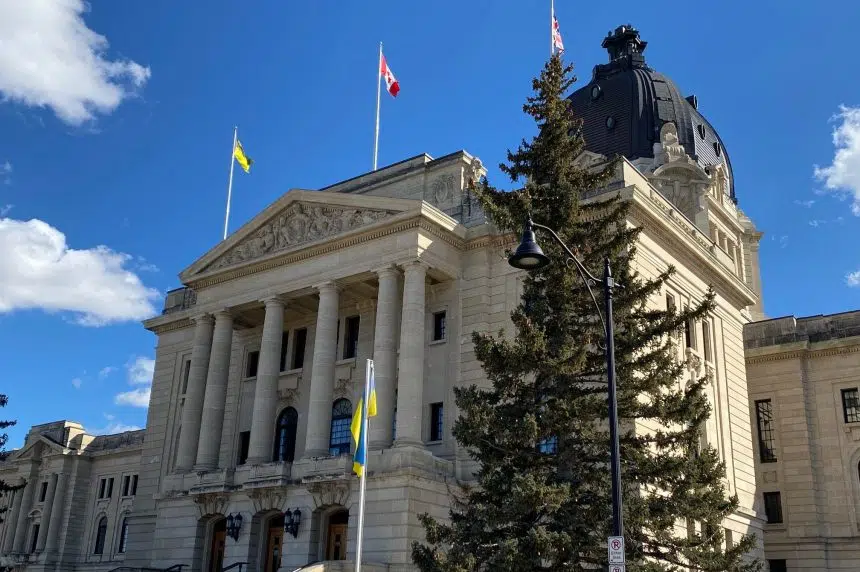The day after releasing his government’s policy paper, laying out grievances over what he feels are federal government intrusions into provincial jurisdiction, Premier Scott Moe was already defending the paper and how it was put together.
Indigenous groups were not consulted while writing the paper. Moe said consultations did take place, but there was “far more engaging with individuals as opposed to any organizations.”
The premier said he and his MLAs had meetings throughout the summer and spoke with those who reached out with concerns about jurisdiction, some Indigenous and some not, and their points are reflected in the paper’s contents.
“There’s a number of points where I think consultation would have came in from the perspective of what went into the white paper that we have,” said Moe.
Governments having a duty to consult on anything that affects Indigenous treaty rights to land and resources, as outlined by the Supreme Court of Canada.
Moe said the Province did sit down with constitutional and jurisdictional experts outside of government, though he wouldn’t name them, and the paper itself doesn’t mention any.
The premier defended the $111 billion dollar price tag put on federal policies in the paper, saying he thinks it’s “bang on.” That figure could even be a low estimate, Moe said, because it doesn’t take into account indirect costs, like the extra rail traffic required to move oil over land due to a lack of pipelines.
In his presentation of the paper, Moe said more details will be unveiled in the Throne Speech next week and as legislation is tabled.
On Wednesday, the premier spoke about the province entering the voluntary carbon credit market as well.
“To ensure that the companies, the industries, the people that have already invested and invested mightily in innovation, and already have reduced their carbon footprint in Saskatchewan are able to monetize that and provide them with certainty, so that in the days ahead, as they continue to invest … that they have some certainty on how they will be able to monetize those investments into the future,” Moe explained.
The paper referenced legal action, which Moe said was a reference to the legislation expected this fall. But he didn’t shy away from the possibility of taking the federal government back to court.
“If it is required for us to go to court for some reason to defend and protect Saskatchewan people’s jobs, existing and future, to really defend the opportunity for us to achieve what I know we can achieve and what many others believe we can achieve in this province, so be it. We will,” said Moe.











